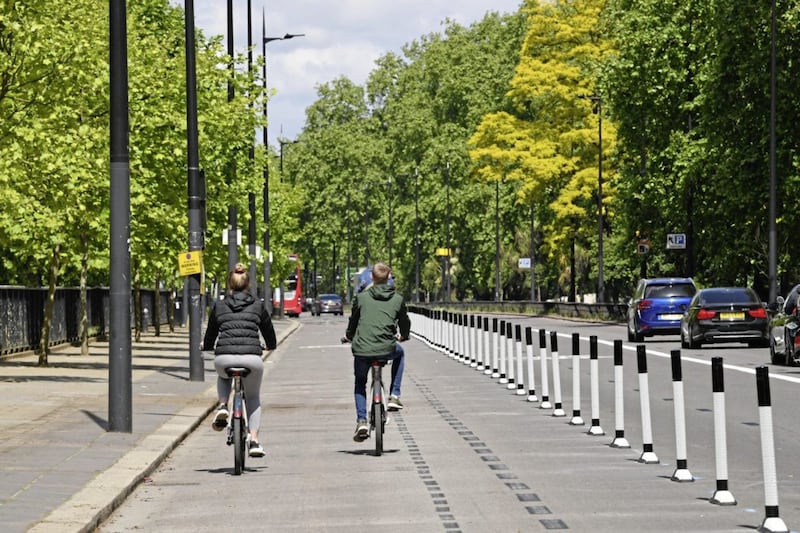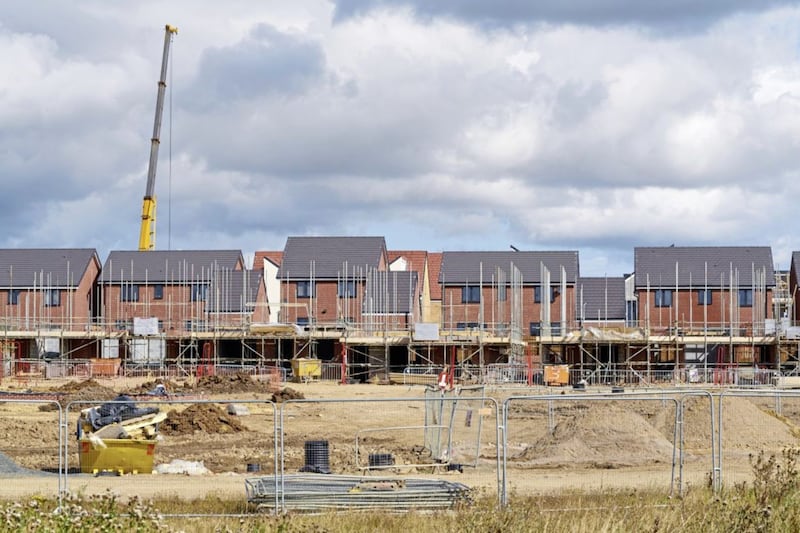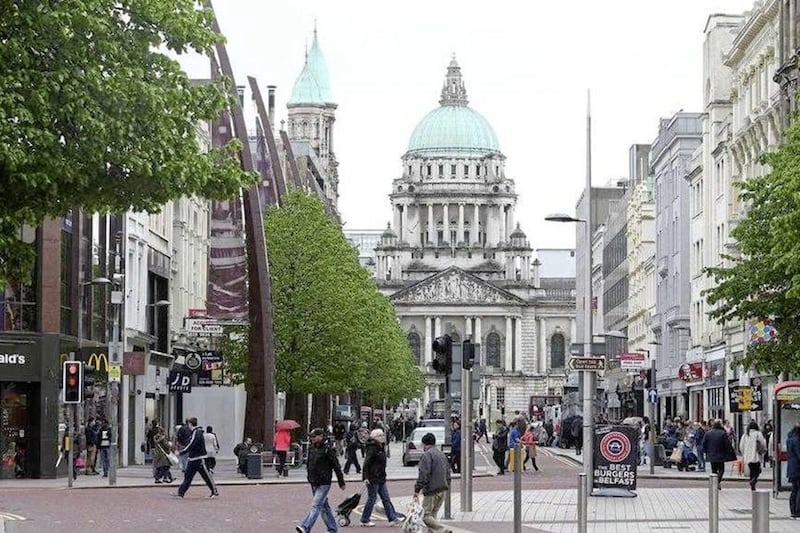ONE of the things we need in Northern Ireland, now more than ever, is informed and strategic decisions about our infrastructure.
So it was welcome news that Infrastructure Minister Nichola Mallon has set up a ministerial advisory panel to assist her in delivering hopefully cleaner, greener and sustainable infrastructure that enhances the economy and society.
The 2016 RICS NI Assembly Manifesto had urged the Executive to set up an independent expert infrastructure commission, so this announcement is a welcome step.
Funding infrastructure post-Covid will be a topic of some importance, when we consider the likely public finance constraints.
But it is essential to consider society’s needs and the impacts on quality of life, and not just the finances. We need to look at whether there are alternative models of procuring and financing infrastructure that will help create resilient and healthy societies and boost the economy.
Indeed, this will be one of the topics of discussion at the RICS regional conference next week; an event that will be virtual for the first time. And there will be much to discuss given the course of events over the last six months.
This conference will address the issues affecting local surveyors and professionals working in the property, construction and rural industries in Northern Ireland, focusing on industry updates, examples and cases studies. The sessions will focus on the current state of the economy and property market, with a particular focus on the impact of Covid-19 in Northern Ireland – including short and mid-term forecasts.
The reality is though that the outlook for the property and construction sectors is challenging at best. Our latest construction survey showed an unsurprising contraction in activity in the second quarter of this year. Some 60 per cent more contributors from Northern Ireland reported a decline rather than a rise in workloads, as they slipped across all areas covered by the survey.
This includes 64 per cent more respondents reported a fall in private housing workloads. A solid decline in output was also reported across public housing and the other public works categories, as some anecdotal evidence reported that spending by the Executive on capital projects has seen a decline.
Meanwhile, there was also a decline in infrastructure workloads with 21 per cent more contributors reporting a fall (as opposed to a rise) during Q2.
Looking ahead, 41 per cent more Northern Ireland surveyors expect workloads to decline rather than rise over the next year. It is a similar story with regard to hiring intentions and profit margins with most Northern Ireland respondents also expecting these to be lower in 12 months.
In this environment, government spending on construction and infrastructure is more important than ever. We’ve heard from Executive ministers that the construction sector is key to economic recovery. That process of recovery needs to start soon.
The Infrastructure Minister, when announcing her new ministerial advisory panel, said she is committed to delivering change within our communities that transforms lives, enhanced our economy and leads to long term growth and opportunities.
She also recognised that a modern and well maintained, sustainable infrastructure system is essential to deliver economic growth. These are important and positive words.
Brian Henning is Northern Ireland region chair of the Royal Institution of Chartered Surveyors (Rics), the principal independent body representing professionals employed in the land, property and construction sectors.









